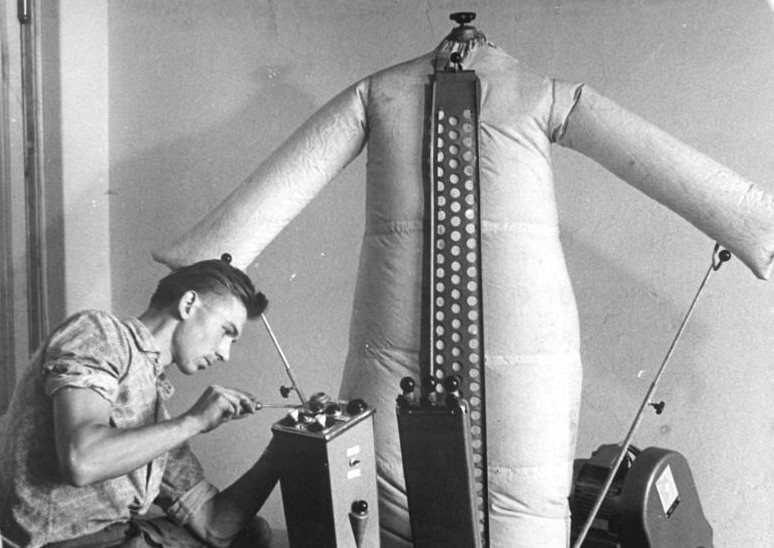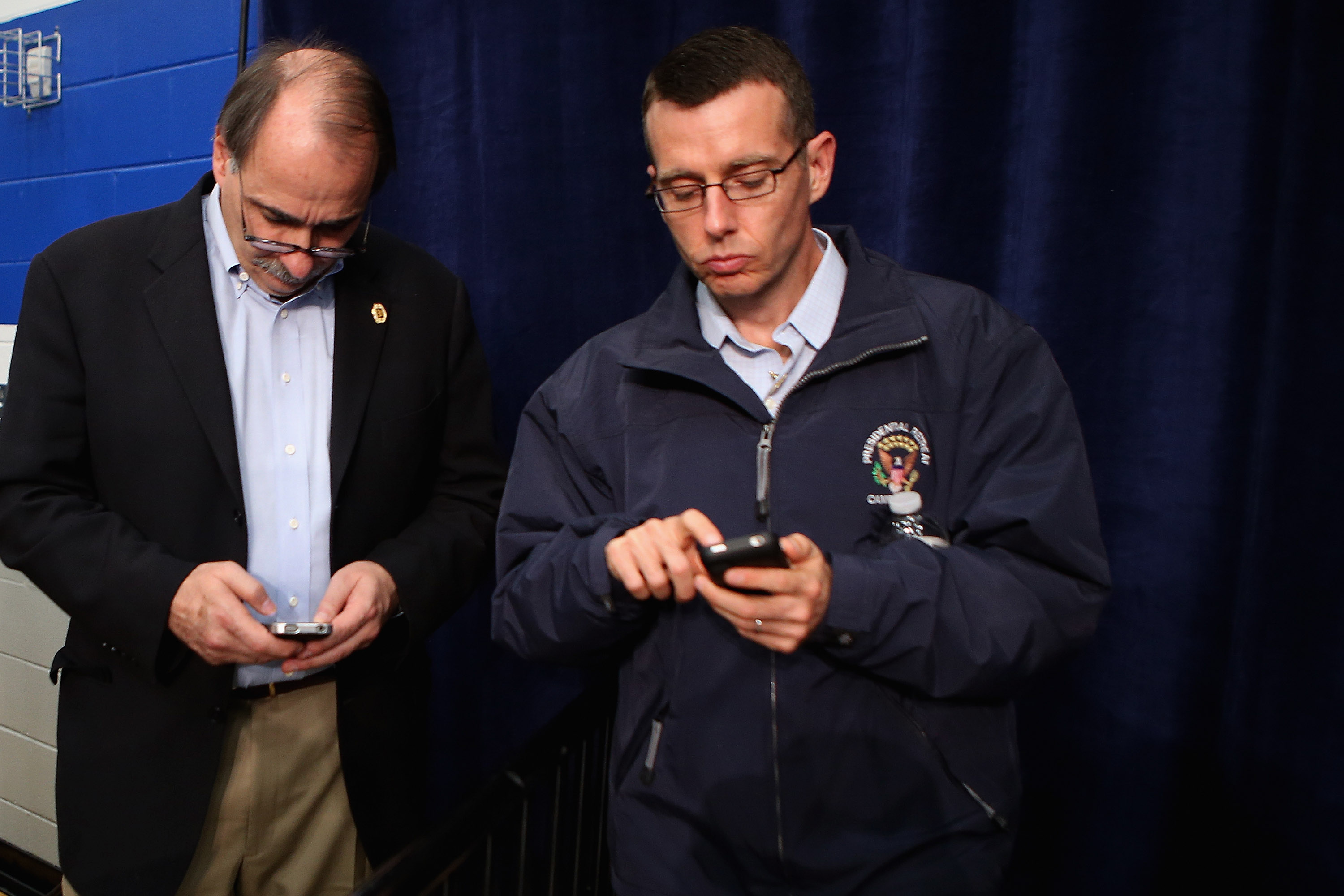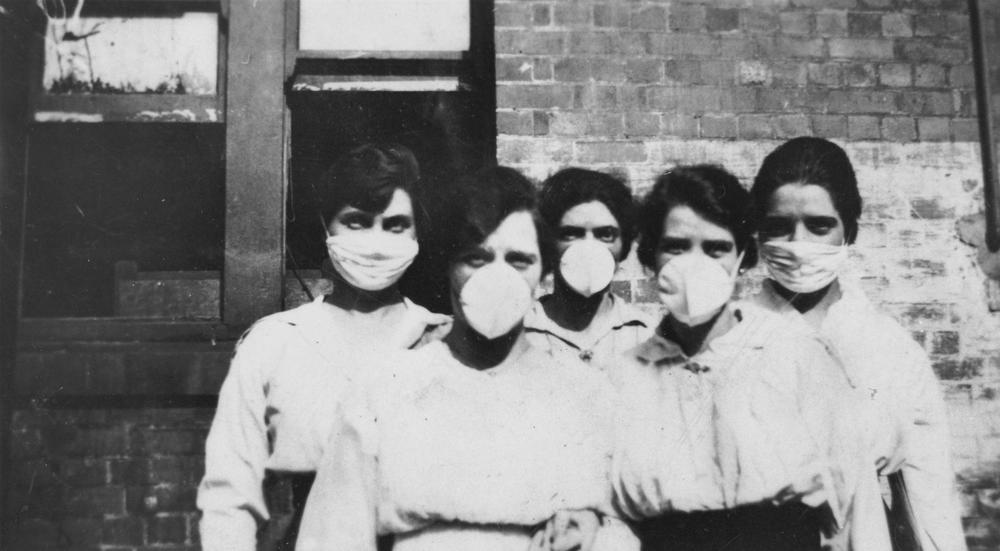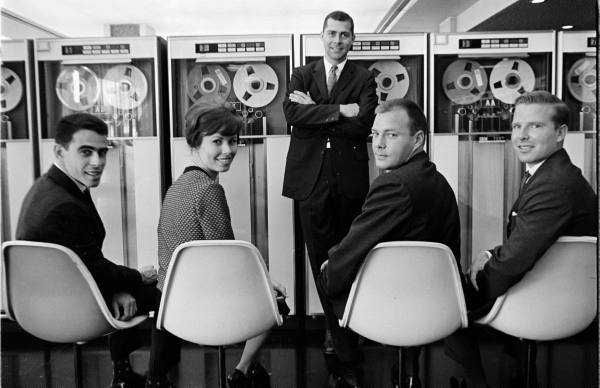If I had to guess when we’d be able to bio-print fully functioning human organs, like kidneys, I would think it would be sometime in the twenty-first century but probably many decades down the line. Of course, who knows? In a Backchannel article, Andrew Leonard investigates the bold claims of controversial doctor Vladimir Mironov, “a one-time PETA-funded synthetic meat researcher who believes that eventually we will be bioprinting complete humans with bio-chipped brains.” The sci-fi reaching of some in the sector may be obscuring real advances. An excerpt:
Last November, a news report in Russia Today sent a shudder of excitement through the cluster of blogs and tech sites that cover bioprinting. Scientists at a Moscow laboratory called 3D Bioprinting Solutions announced that they would be able to print a functioning mouse thyroid gland by March 2015. Even better, declared the director of the lab, Vladimir Mironov, by 2018 the lab would start printing fully transplantable kidneys.
“The one who will be the first to print and then successfully transplant the kidney to the patient—who will stay alive—will for sure get a Nobel prize,” said Mironov.
Mironov was probably not wrong in his prediction that whoever first successfully bioprints a working human kidney will be showered with worldwide acclaim. Never mind the psychological benefits of improved techniques for breast reconstruction; the need for more kidneys is a pressing issue of life and death. In the U.S. alone more than 100,000 people are on the waiting list for a kidney transplant right now—but only 17,000 transplants took place in all of 2013. Successful bioprinting of human kidneys will save thousands of lives.
I don’t normally put huge stock in Russia Today as a reliable news source, but I was very curious. I wanted to know, for example, how Mironov intended to solve the vasculature problem? My efforts to reach him, however, failed.
My efforts to Google him, on the other hand, were highly entertaining.
For starters, in 2011 Mironov wrote an article for The Futurist predicting that we would soon be printing out entire human beings.
It is not difficult to predict that changing the human body will eventually be as routine as changing clothes. Cosmetic surgery will fuse with fashion.
Human-printing technology would eliminate the need to wait 18 years in order to get a fully developed adult: Humans could theoretically be printed on demand and be functionally ready in days or weeks. The brain could be replaced with biochips, though brain research would need to advance to such a level that brains could be reverse engineered and manufactured.
The line “cosmetic surgery will fuse with fashion” contains some nuances that could apply to bioprinted breast nipples. But the notion of bioprinting complete humans on demand in days or weeks? To paraphrase Thomas Boland, such a task seems likely to prove very difficult.•






